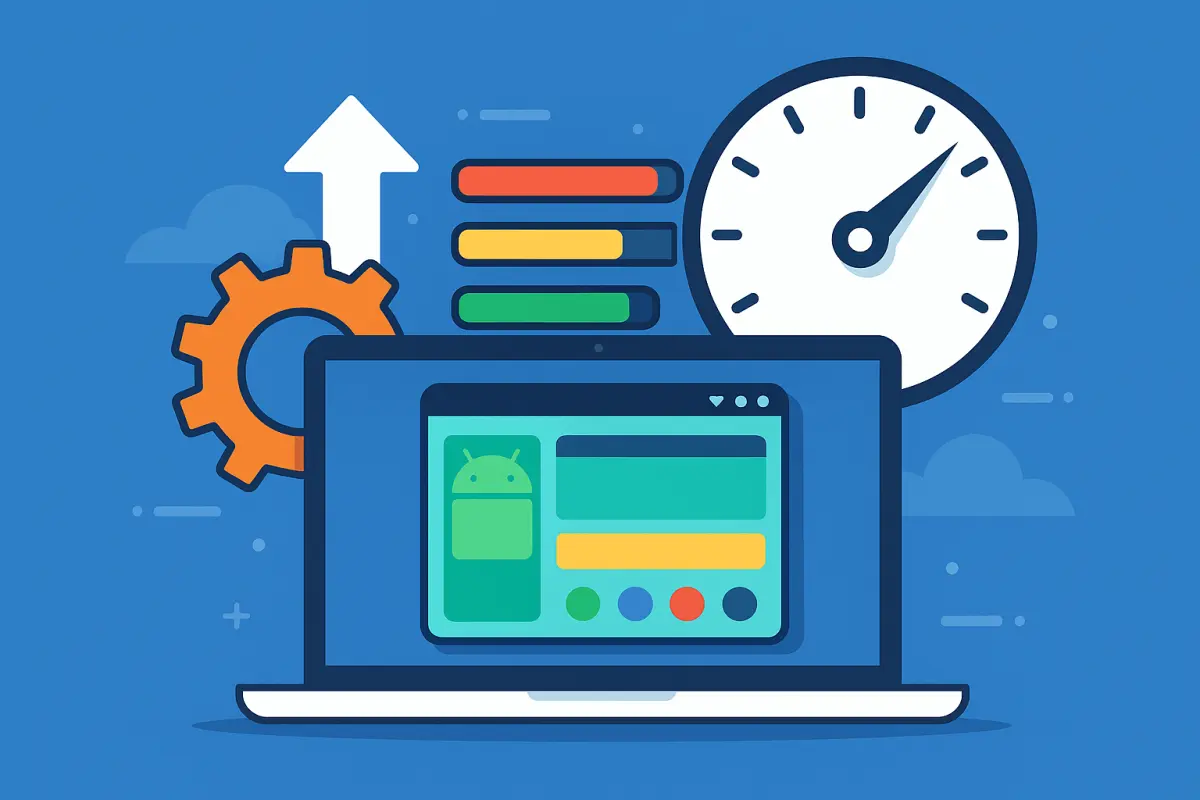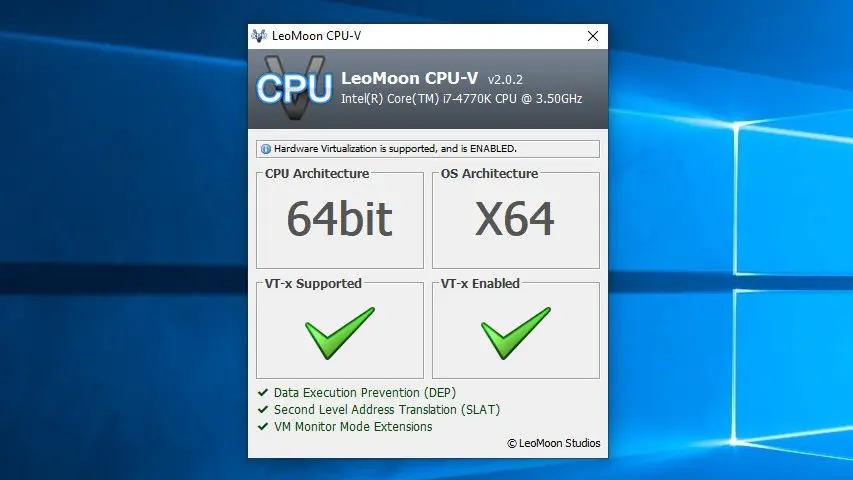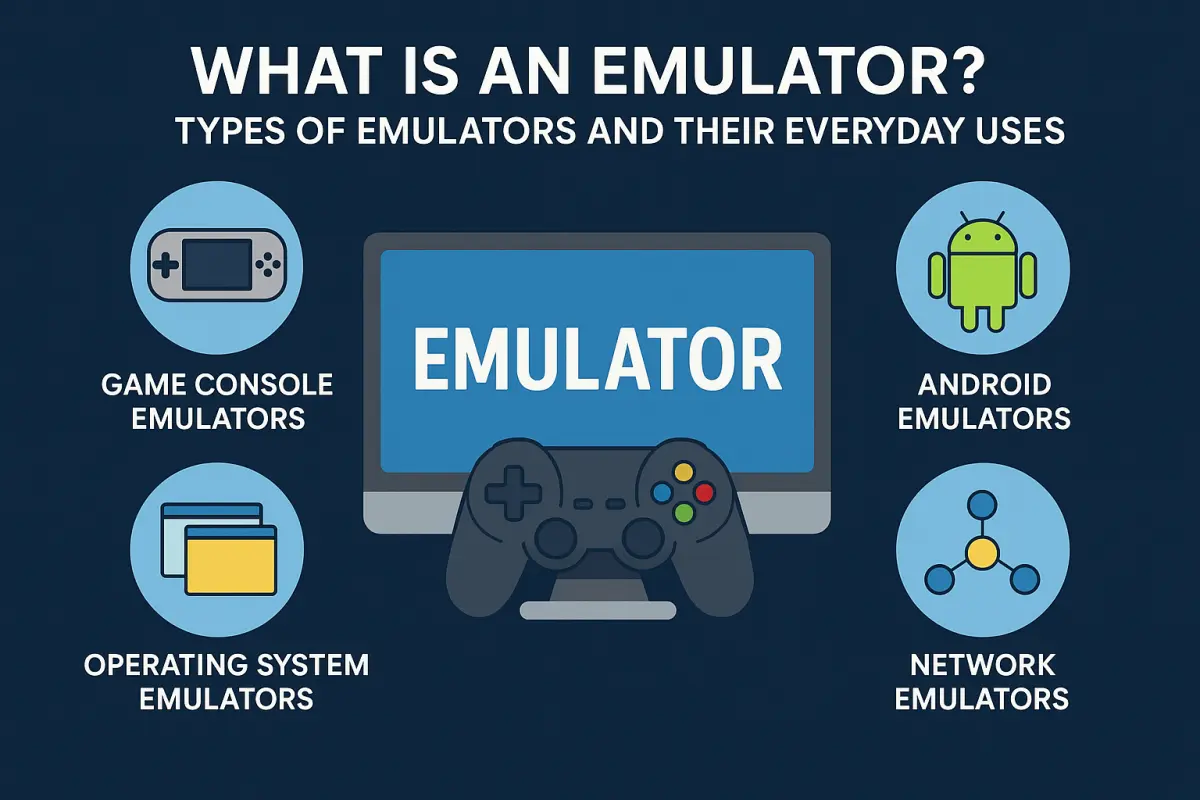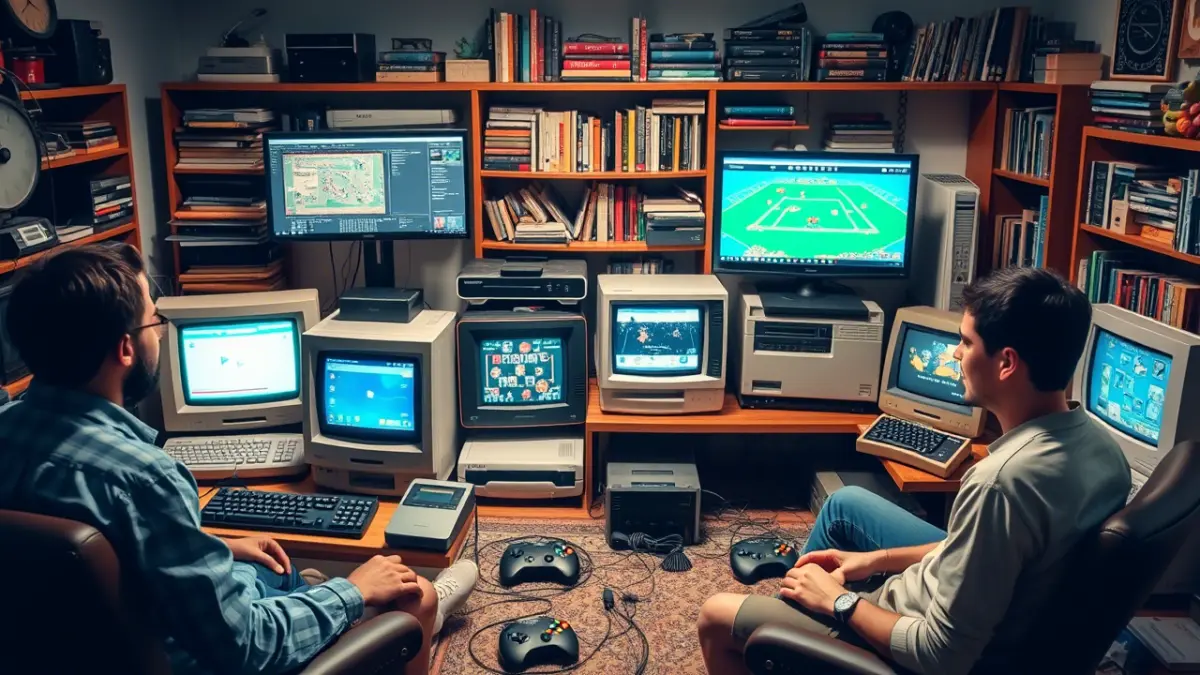If you're like me, you've probably owned a budget laptop at some point. Mine was an old Lenovo with 4GB of RAM and an aging CPU that made more noise than it was worth. Yet, I still wanted to run Android apps—whether to test something or play mobile games on a bigger screen. The problem? Most Android emulators were too heavy for my setup.
That’s why this guide exists. In 2025, you no longer need a high-end gaming PC to enjoy Android apps on your desktop. There are now several Android emulators that are designed to work well on low-spec systems. After researching, testing, and reading user feedback across forums and tech blogs, I’ve gathered the best options for low-end PCs.
Let’s dive into them.
What Makes an Emulator Good for Low-End PCs?
Before we get into specific emulators, let’s define what “low-end” means.
Generally, a low-end PC in 2025 may have:
- 2–4 GB RAM
- Integrated graphics (Intel HD or AMD Vega iGPU)
- A dual-core CPU (Intel Core i3 or older AMD processors)
A good emulator for such a setup must be:
- Lightweight and fast
- Easy to install and configure
- Free from excessive ads or background processes
- Compatible with essential Android apps and light games
1. MuMu Player
Overview:
MuMu Player, developed by NetEase, has steadily become one of the best-performing emulators for budget systems. What sets it apart is how lightweight it is. It doesn't try to be everything—it just runs Android apps smoothly.
Performance:
It works very well with just 4GB of RAM and a dual-core processor. You can expect smooth operation for casual games like Clash of Clans, TikTok browsing, and general app testing.
Pros:
- Fast and responsive interface
- Optimized for both AMD and Intel processors
- Smooth gameplay with fewer system demands
Cons:
- Limited customization options compared to advanced emulators
- Not ideal for demanding games like Genshin Impact
Best for:
People who want a lightweight, plug-and-play Android experience without any hassle.
2. LDPlayer
Overview:
LDPlayer is a widely-used emulator known for its balance between performance and features. While it's often recommended for gaming PCs, its latest versions are surprisingly efficient on lower-spec devices.
Performance:
LDPlayer can run well on PCs with 4GB RAM—especially if virtualization (VT) is enabled in BIOS. It includes advanced features like custom key mapping, game optimization modes, and script recording.
Pros:
- Supports multiple instances
- Actively updated with new Android versions
- Optimized keyboard and mouse support for games
Cons:
- Slightly heavier than others on this list
- May show ads in the free version
Best for:
Users with decent low-end PCs who want more control and options.
3. MEmu Play
Overview:
MEmu Play is another emulator that manages to deliver strong performance even on modest hardware. It supports older Android versions, which often helps improve performance on weaker systems.
Performance:
Runs fine on 4GB of RAM and an integrated GPU. Offers smooth browsing, app testing, and casual gaming. However, it’s not as optimized as MuMu for truly minimal hardware.
Pros:
- Good compatibility with various apps and games
- Includes screen recording and location simulation
- Simple user interface
Cons:
- Requires Virtualization enabled for smoother performance
- Sometimes slower boot time compared to MuMu
Best for:
Users who want a balance of tools and performance on slightly older hardware.
4. Droid4X
Overview:
Though not updated as frequently as others, Droid4X remains one of the lightest Android emulators ever built. It’s incredibly simple, making it ideal for very old systems.
Performance:
Even with just 1GB of RAM and no virtualization, Droid4X can launch and run simple apps. It’s not a gaming emulator by modern standards, but it gets the job done for basic use.
Pros:
- Extremely lightweight
- Perfect for old or secondary PCs
- Fast installation and startup
Cons:
- Lacks advanced features
- Rare updates and limited compatibility with newer apps
Best for:
Very old PCs or people who only want basic Android functions like messaging apps or testing.
Other Noteworthy Options
While not ideal for ultra-low-end PCs, the following emulators are still worth considering if your specs allow:
- LeapDroid: Very fast, but development has stopped.
- YouWave: Lightweight but not free anymore.
- PrimeOS or Phoenix OS: These are Android-based operating systems that install alongside Windows. Great if you want to run Android natively, but they require some technical know-how.
Final Thoughts
Having tested most of these on a modest system myself, my top recommendation for 2025 is MuMu Player. It hits the sweet spot between performance and simplicity. For those with slightly better specs, LDPlayer offers more customization and gaming features.
The beauty of Android emulation today is that you don’t need cutting-edge hardware. You just need the right tool for the job—and now you know which ones are worth your time.
Whether you're looking to test apps, play casual games, or just run WhatsApp on your old PC, there's an emulator out there that won’t slow you down.
![Best Android Emulator for Low-End PCs [2025]](/storage/blog/images/best-android-emulator-for-low-end-pcs-2025-1_SsFbyyId.webp)





